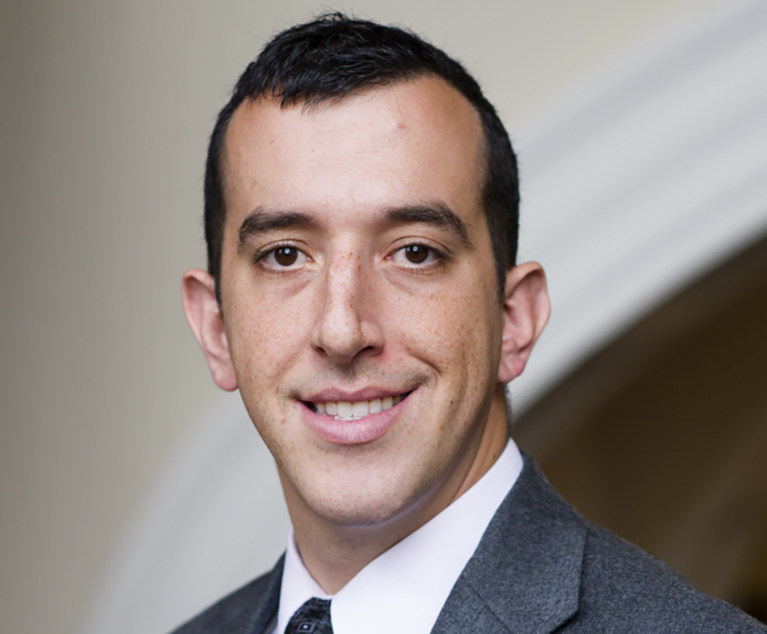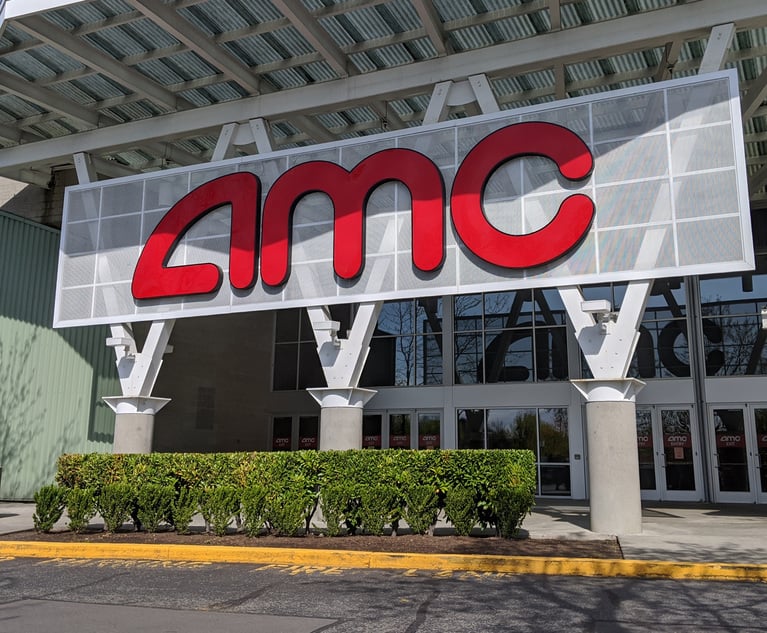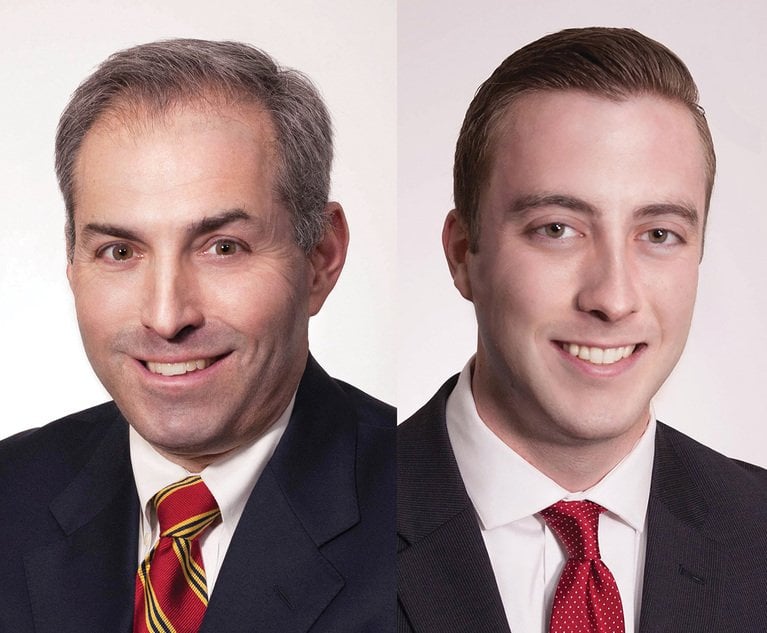The Delaware Supreme Court in Diep v. Trimaran Pollo Partners, affirmed 4-1 the Delaware Court of Chancery’s finding that a special litigation committee was acting independently and reasonably in seeking to dismiss a derivative claim. An SLC bears the burden of persuasively showing its own independence, good faith and reasonableness, in contrast to the demand excuse stage where the plaintiff must rebut those presumed qualities. Previous language speaking of an SLC needing to be “above reproach” were specific to the particular circumstances of single-member SLCs and do not set forth a higher standard for independence.
Because last year’s United Food & Commercial Workers Union & Participating Food Industry Employers Tri-State Pension Fund v. Zuckerberg, 262 A.3d 1034 (Del. 2021) creates a director-by-director independence test for demand futility, even denied Rule 23.1 dismissal motions will provide a roadmap to the formation of an effective SLC. Read together, Diep and Zuckerberg provide a powerful tool for directors (and controlling shareholders) to neutralize derivative litigation from minority and public shareholders.
This content has been archived. It is available through our partners, LexisNexis® and Bloomberg Law.
To view this content, please continue to their sites.
Not a Lexis Subscriber?
Subscribe Now
Not a Bloomberg Law Subscriber?
Subscribe Now
LexisNexis® and Bloomberg Law are third party online distributors of the broad collection of current and archived versions of ALM's legal news publications. LexisNexis® and Bloomberg Law customers are able to access and use ALM's content, including content from the National Law Journal, The American Lawyer, Legaltech News, The New York Law Journal, and Corporate Counsel, as well as other sources of legal information.
For questions call 1-877-256-2472 or contact us at [email protected]


 Michael B. Gonen of Duane Morris. Courtesy photo
Michael B. Gonen of Duane Morris. Courtesy photo




